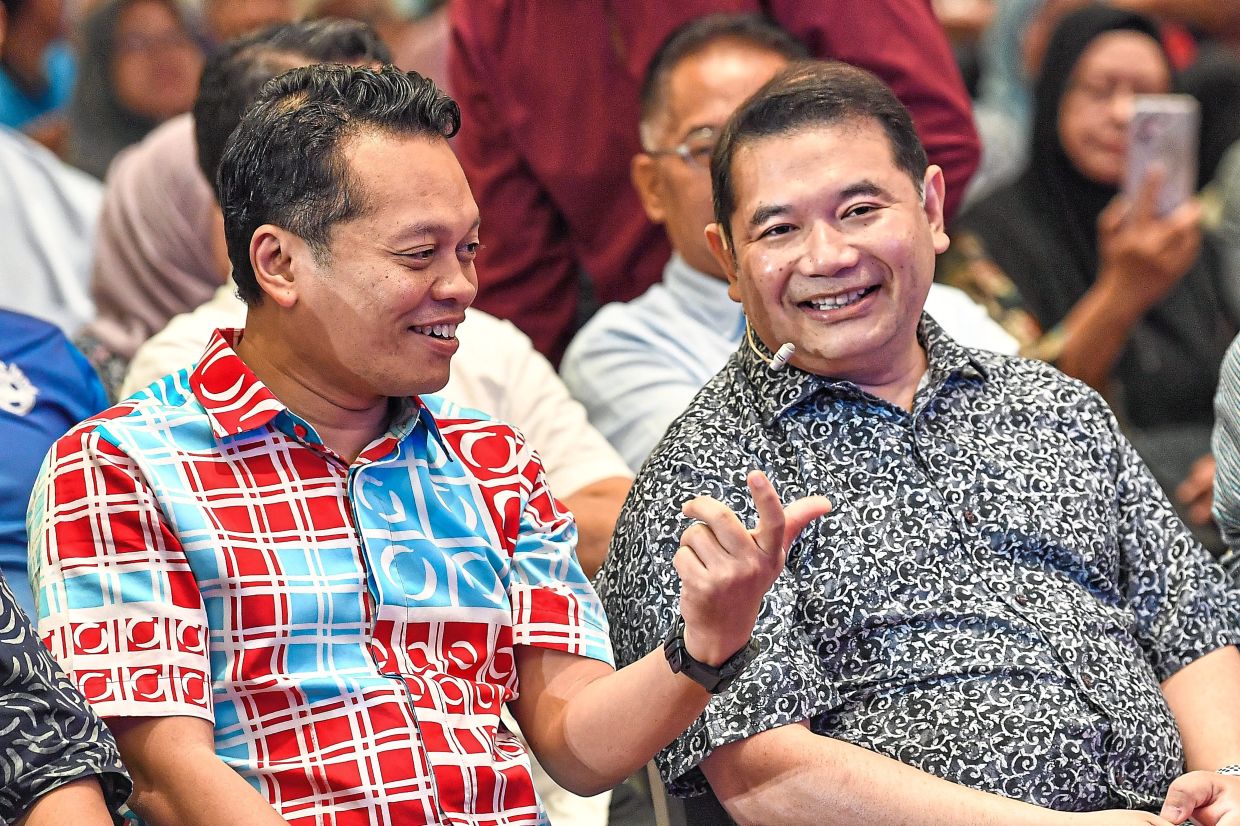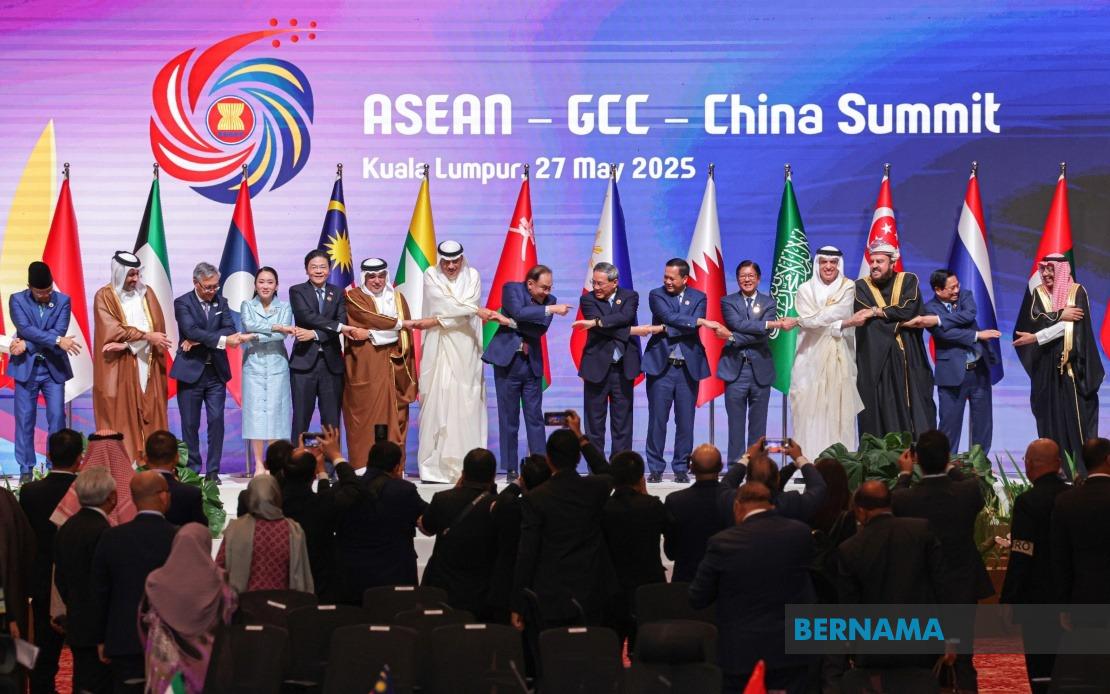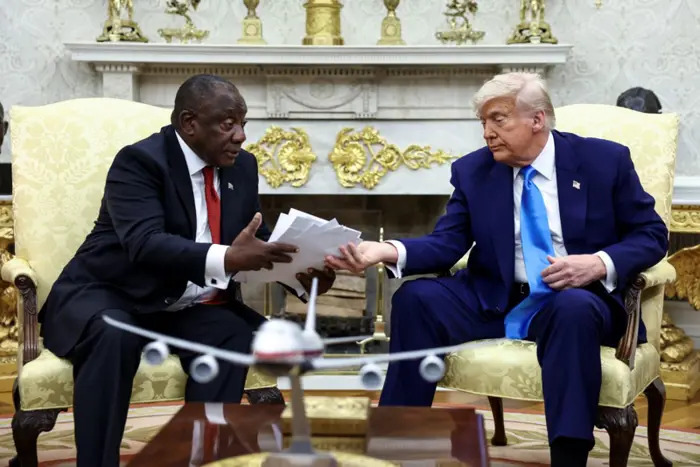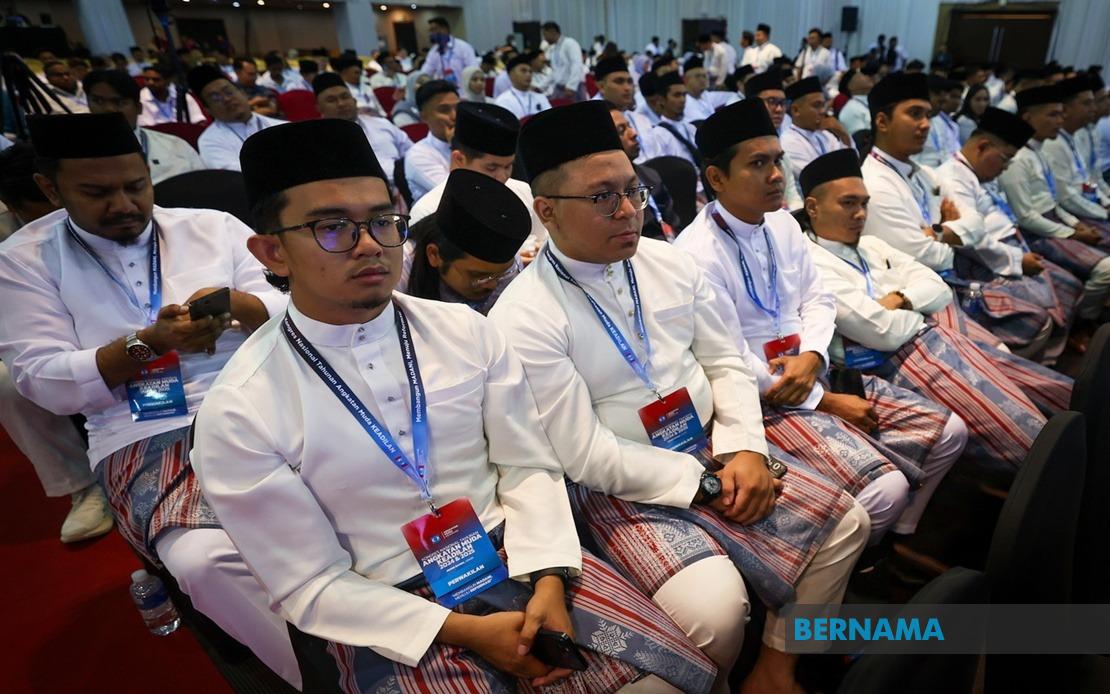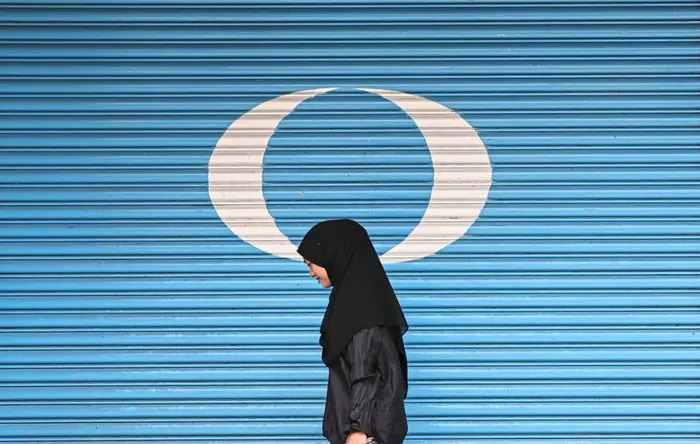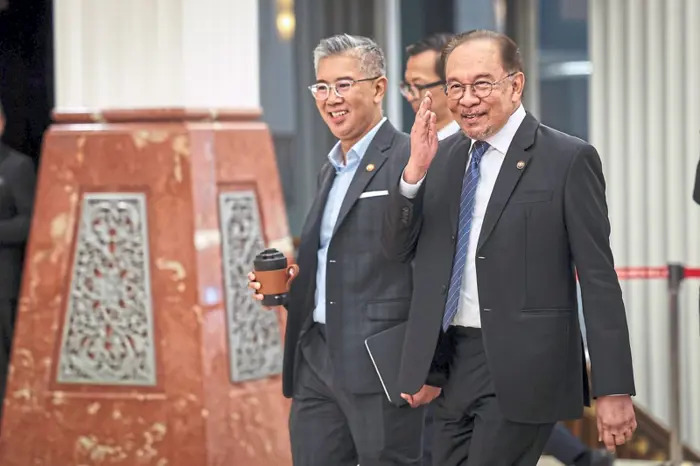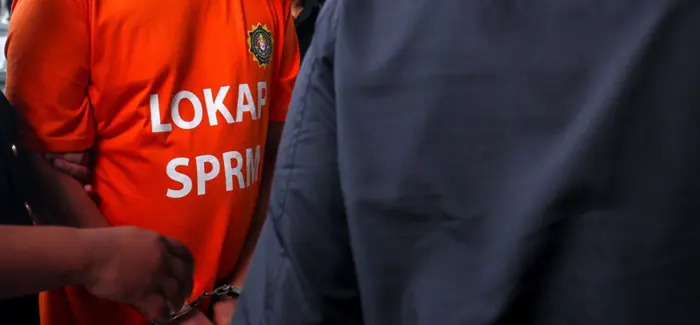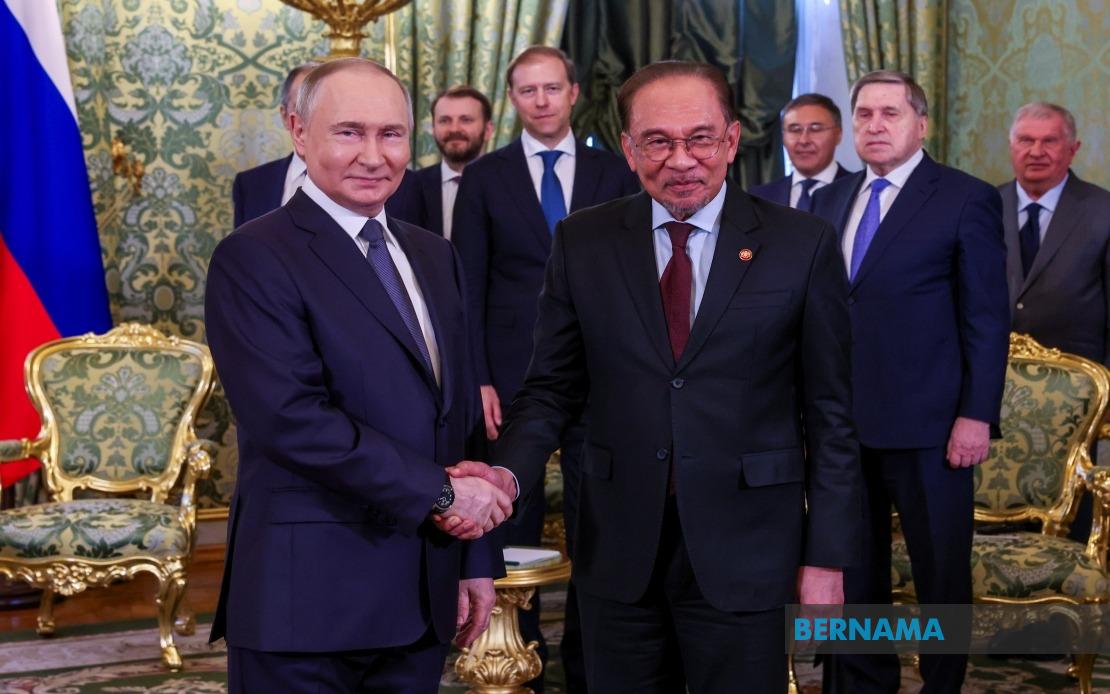
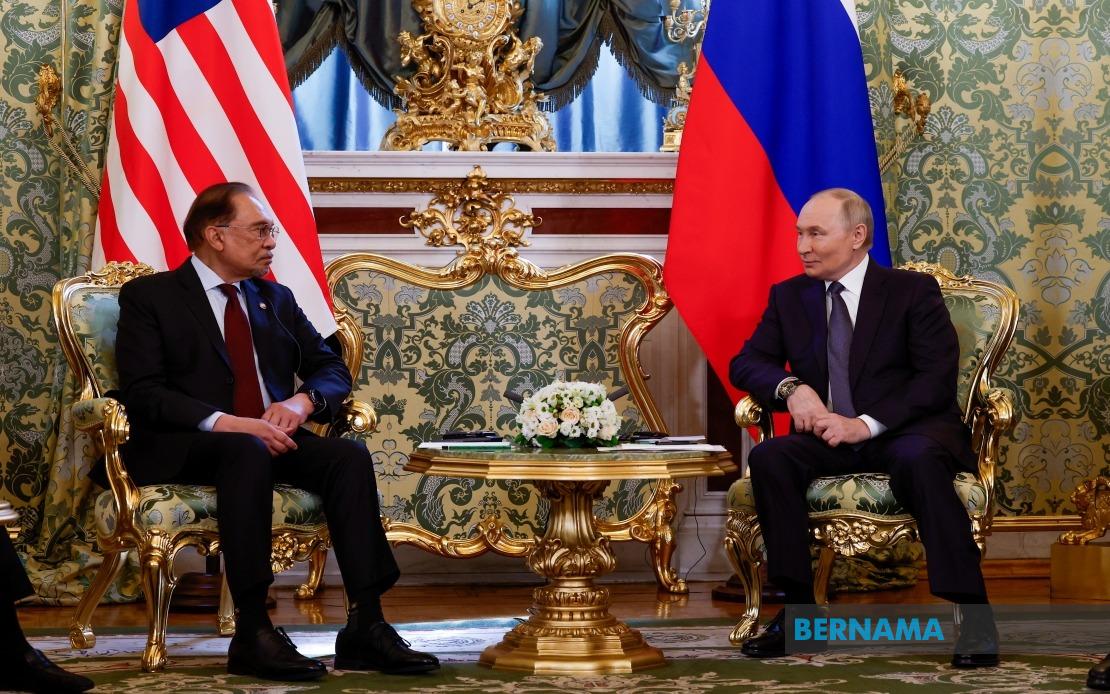
KUALA LUMPUR, May 18 (Bernama) — The office of the Russian news agency, TASS, is located at the intersection of Tverskoy Boulevard and Bolshaya Nikitskaya Street in downtown Moscow, a location that no one can miss.
I had the privilege of being invited to lunch by its director-general, Andrey Kondrashov, in a spacious room overlooking the beautiful Presnensky district.
Kondrashov, a former TV newscaster, is reportedly said to have been handpicked by Russian President Vladimir Putin for the powerful job.
The media in Moscow claims he has direct access to the nation’s most powerful figure, but he downplays such talk, saying he has “only managed to interview Putin several times.”
We were joined by Mikhail Gusman, TASS’ first deputy director-general, who has interviewed a long list of world leaders, including several American presidents at the Oval Office.
I asked both men what their impressions of Putin were and how they expected the relationship with Prime Minister Datuk Seri Anwar Ibrahim to develop, a day before their meeting at the Kremlin.
Kondrashov said that despite Putin’s reputation as a stoic and serious leader, he actually has a strong sense of humour and enjoys reading history and literature, “just like Prime Minister Anwar.”
Indeed, the meeting between Putin and Anwar went off extremely well, beginning with light-hearted humour to set the tone.
During a private tour of the Grand St Andrew’s Hall, Putin showed Anwar three thrones.
He explained that one was for the Tsar, the second for the Tsarina and then asked Anwar who the third was for. Putin then recounted that Anwar had responded by saying the third one was for his second wife.
Both laughed heartily when Putin said that it was actually meant for the Tsar’s mother.
Anwar quickly added: “I maintain—I have one wife. I don’t encourage people to have too many wives as it is tough enough to control and discipline one wife. Don’t tell my wife that, please.”
The Prime Minister then shared his conversation while the two leaders were on their way to the press conference.
Putin had whispered, “Can I tell this story?”
To which, the Prime Minister asked, “What story? About the wife?”
“This was President Putin, whom I’d always seen as stern and serious. So I said: Of course, Mr President. I wasn’t sure, though, how he would tell the story.
Although Anwar’s reply drew mixed reactions, it was clearly a moment of spontaneous humour. There is no need to make too much of this.
Anwar’s four-day trip was the first official visit by a Malaysian Prime Minister to Russia in 20 years and certainly highly significant in both bilateral and historical terms.
This was Anwar’s second visit to Russia, following his working trip to the Eastern Economic Forum in Vladivostok in 2024, also at Putin’s invitation.
The current visit builds on that foundation. As Datuk Prof Dr Mohd Faiz Abdullah, chairman of the Institute of Strategic and International Studies, wrote in the New Straits Times in 2024, the Prime Minister has a clear purpose: advancing Malaysia’s interests by strengthening ties with Russia.
That policy remains in place today.
“His grand strategy was to broaden Malaysia's geo-economic space while diversifying its global partnerships,” Dr Mohd Faiz noted.
Malaysia must expand its markets, and it understands the sensitivities of engaging with Russia amid today’s geopolitical climate.
Simply put, the Prime Minister conceded in this 2024 visit that it "was not an easy feat" but it was undeniably "the right move”.
Malaysia also recognises the growing importance of BRICS, which now includes Brazil, Russia, India, China, South Africa, Egypt, Ethiopia, Iran, Indonesia and the United Arab Emirates.
The partner countries include Malaysia, Thailand, Cuba, Bolivia, Belarus, Uzbekistan, Kazakhstan, Uganda and Nigeria.
Dr Mohd Faiz noted that “while BRICS may still be in its formative years compared to more established international organisations, its potential shouldn't be underestimated.”
“By engaging early, Malaysia could secure its position as a key player in this growing network.
“Beyond BRICS, Anwar sought to elevate Malaysia-Russia economic ties. For all the efforts of previous administrations, Malaysia's trade relations with Russia have remained underdeveloped relative to some of its ASEAN neighbours. “
“In 2022-2023, Malaysia’s trade with Russia increased by 15.6 per cent to RM14.22 billion, yet this is lower in comparison to the volumes of nations like Vietnam, which benefits from a free trade agreement with Russia via the Eurasian Economic Union,” Dr Mohd Faiz wrote.
Dr Mohd Faiz also opined that Russia’s pivot toward Asia, accelerated by Western sanctions and the decline in European trade, presents a timely opportunity for Malaysia.
“It needs to be noted that Russia's shifting focus towards Asia, accelerated by sanctions and the decline of its European trade, presents a timely opportunity for Malaysia,” he wrote.
Dr Mohd Faiz said in 2023, Russia's trade with Asia surged dramatically, with its exports and imports rising by 72 per cent and 68 per cent, respectively.
This pivot toward the East offers Malaysia a chance to capitalise on the new trade flows, he added.
He also noted that on the tourism front, Malaysia has yet to sufficiently capture the Russian market, which currently favours Thailand, Vietnam and even Indonesia.
Interfax reported that just over 60,000 Russian tourists visited Malaysia in the first half of 2024, although the numbers are expected to grow.
In contrast, during the first four months of 2025, Thailand welcomed 877,516 Russian tourists, making them the third-largest group of foreign visitors.
Aviation-related obstacles and sanctions have made travel arrangements difficult, but Anwar and Putin discussed this issue at the highest levels.
“Malaysia is set to benefit from the high tourism potential from Russia through the Russian airline Aeroflot, which is expected to resume flights to Malaysia soon,” Anwar said when speaking to the Malaysian media.
Surely, solutions can be found for AirAsia and Aeroflot to operate flights between the two countries.
Attracting Russian tourists could significantly boost Malaysia’s tourism sector and diversify its sources of travellers.
There are also three strategic areas for future collaboration: Islamic finance, agriculture and education.
Malaysia, as a global leader in Islamic finance, is well-positioned to assist Russia in developing Syariah-compliant financial systems, particularly given its large Muslim population, said Dr Mohd Faiz.
Anwar also participated in the Russia-Islamic World: KazanForum 2025, where the halal market was a key topic in the oil-rich Republic of Tatarstan, under the Federation of Russia.
In this respect, Anwar said that during his meeting with Putin, he openly expressed interest in expanding the halal network, as well as Islamic banking and finance.
Certainly, the halal industry presents ample opportunities for joint initiatives and deeper cooperation.
In agriculture, Russia’s role as a major grain producer aligns with Malaysia’s efforts to strengthen food security.
In education, Russian expertise in technology presents wide-ranging opportunities, particularly through the newly established Russian-Malaysian High-Tech Centre.
Anwar said that throughout the visit, he and his delegation met with 24 companies in Russia that expressed interest in expanding their businesses in Malaysia and also held two business events with companies wanting to learn more about trade aspects in the country.
However, the visit coincided with the findings of the International Civil Aviation Organisation, which concluded that Russia was responsible for downing Flight MH17 over Ukraine in 2014. Anwar rightly addressed the matter with Putin, at the highest level.
“No country should be used to support the designs of others. We have to have the patience to deal with it.
“With President Putin, I even raised one very sensitive subject, the shooting down of MH17, the Malaysian plane, that caused 43 Malaysian deaths.
“I said how do I respond to this UN report and mind you, President Putin told me in very clear terms, we should get to the bottom of it. Any international effort to resolve this must be done professionally, scientifically. And of course, I would accept that. That is a precondition.’’
Speaking at the Moscow State Institute of International Relations University (MGIMO) — a renowned academic institution in Moscow — Anwar pointed out that history is not moved by perfection, but by perseverance and resilience.
“Leadership is the work of patient conviction to struggle forward when the path is uncertain, to act with courage when clarity is elusive, and to hold fast to hope when it feels most fragile. That is the task before us”.
The reality, as the Prime Minister noted, is that Malaysia is a small country, and we must understand that political and economic realism will always underpin our strategies.
We continue to maintain and emphasise our non-aligned position, while also expanding our markets in a rapidly evolving global economy.
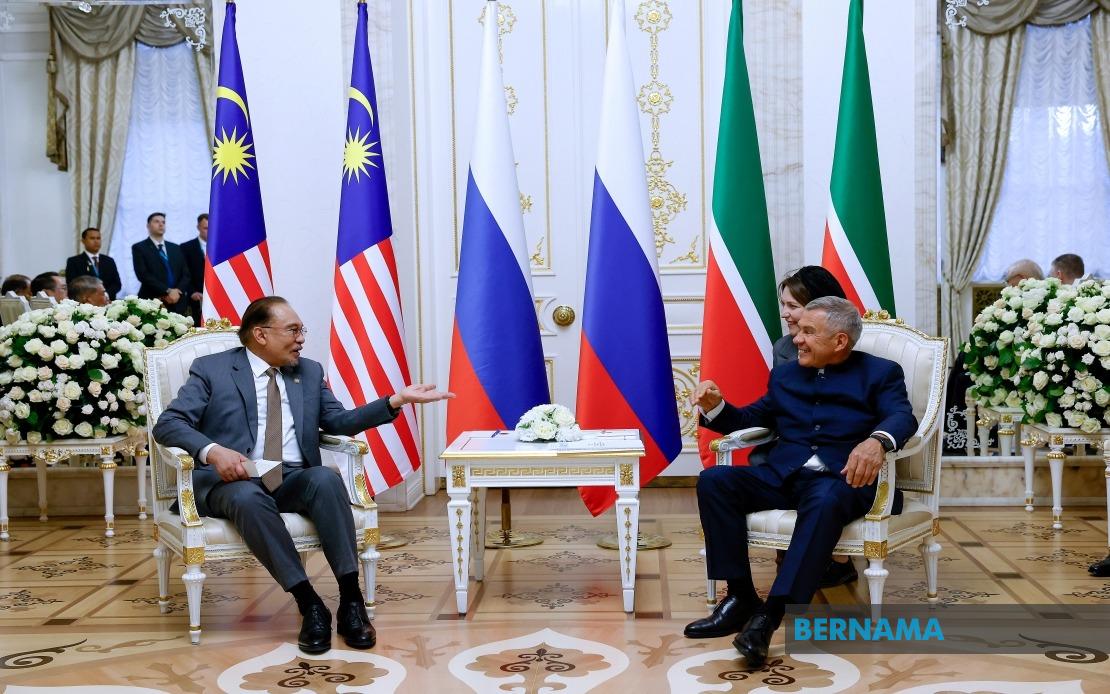
KAZAN, May 15 — Prime Minister Datuk Seri Anwar Ibrahim arrived here today for the second leg of his official visit to Russia, where he held a meeting with the Rais of the Republic of Tatarstan, Rustam Minnikhanov. Anwar departed from Moscow after delivering a public lecture at the prestigious Moscow State Institute of International Relations University (MGIMO), and took time to appreciate the scenic surroundings of the Kazan Kremlin. He later held a closed-door meeting with Rustam.
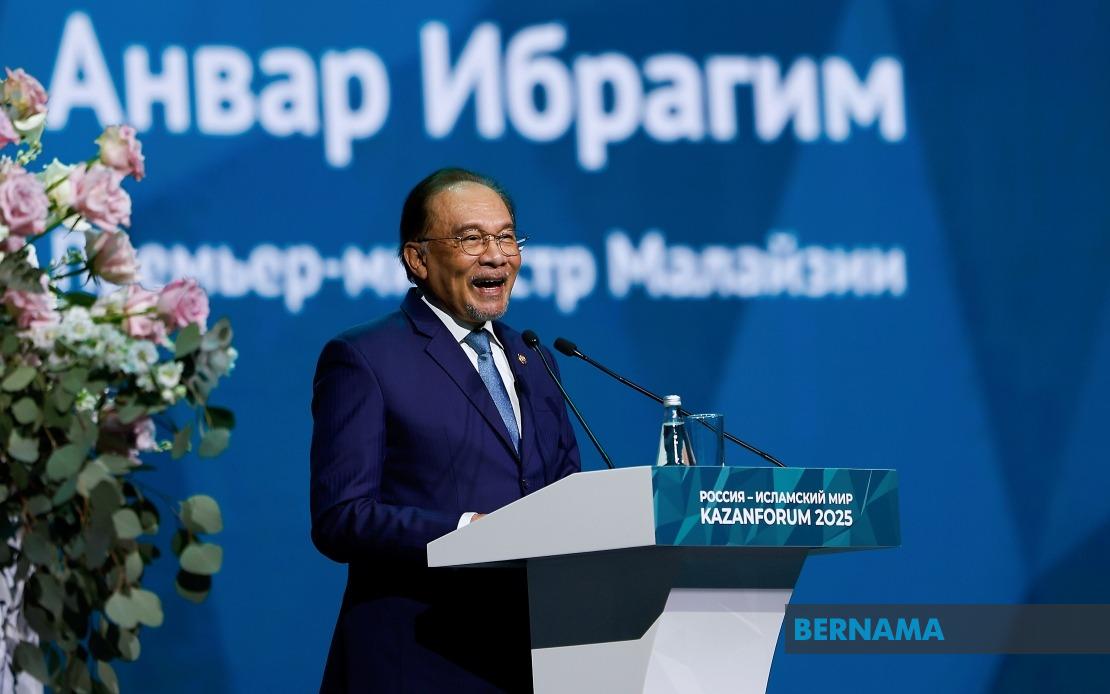
KAZAN (Tatarstan), May 16 — Prime Minister Datuk Seri Anwar Ibrahim delivers his keynote address during the Plenary Session of the XVI International Economic Forum “Russia – Islamic World: KazanForum 2025” at the Concert Hall, Kazan Expo, here today.
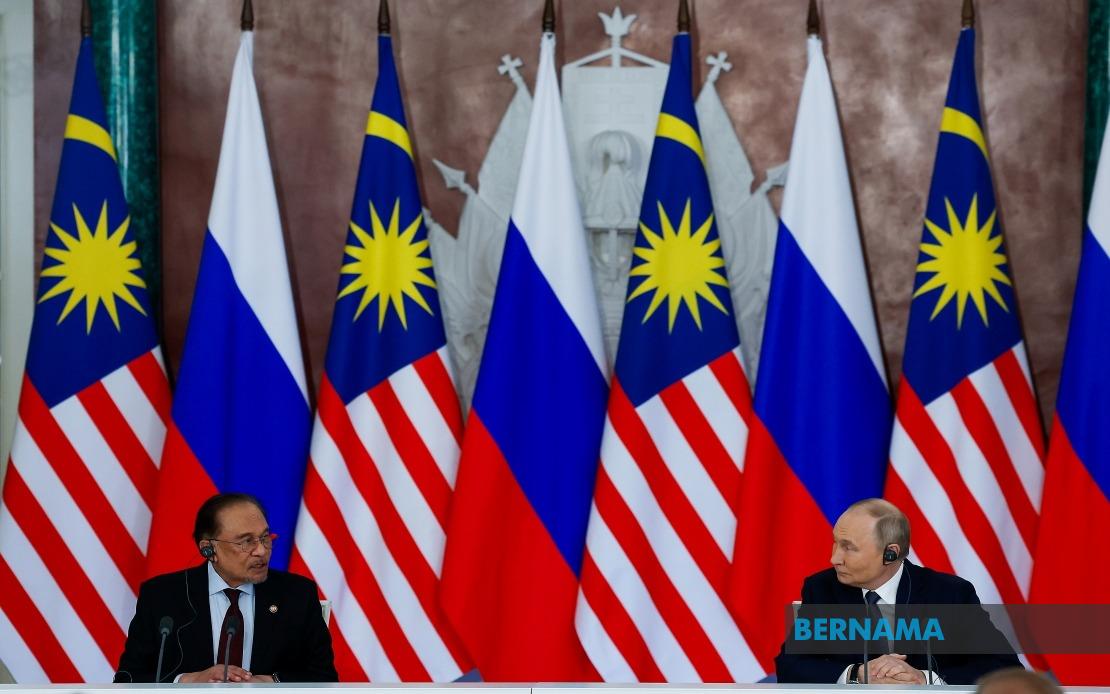
Prime Minister Datuk Seri Anwar Ibrahim (left) with Russian President Vladimir Putin during a joint press conference following the conclusion of the delegation meeting held at the Kremlin, Moscow, on Wednesday.
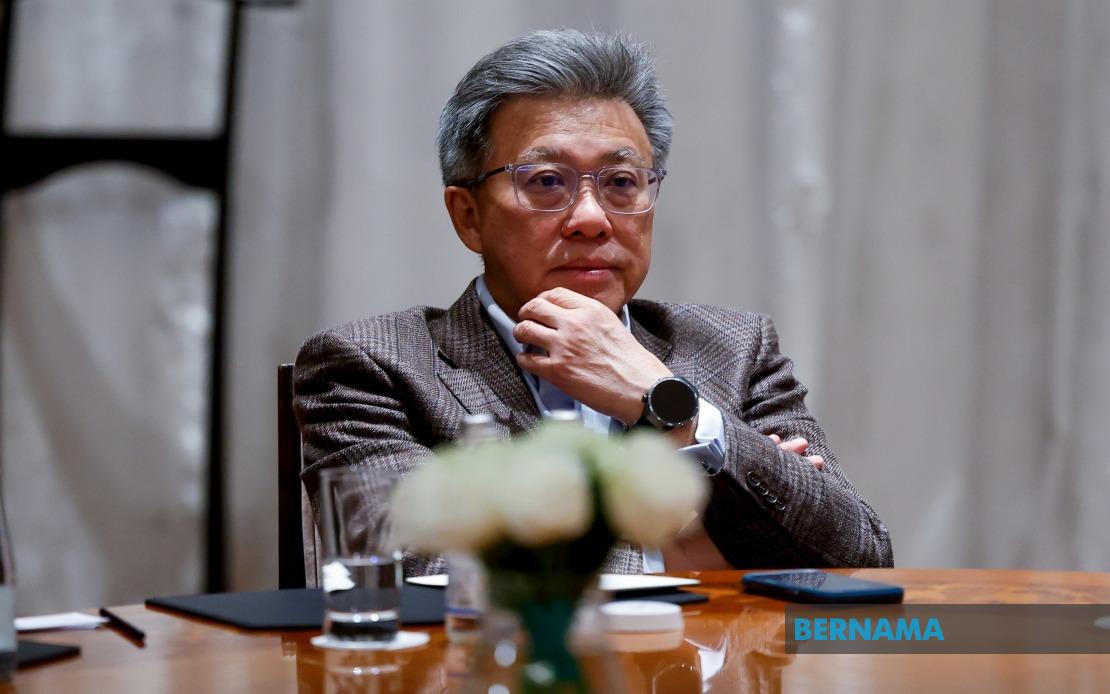
Malaysian National News Agency (Bernama) Chairman Datuk Seri Wong Chun Wai attends a press conference by Malaysian Ambassador to Russia Datuk Cheong Loon Lai, held in conjunction with Prime Minister Datuk Seri Anwar Ibrahim’s four-day official visit to Russia beginning, last Tuesday.


